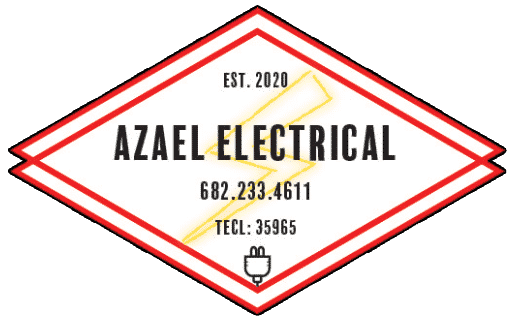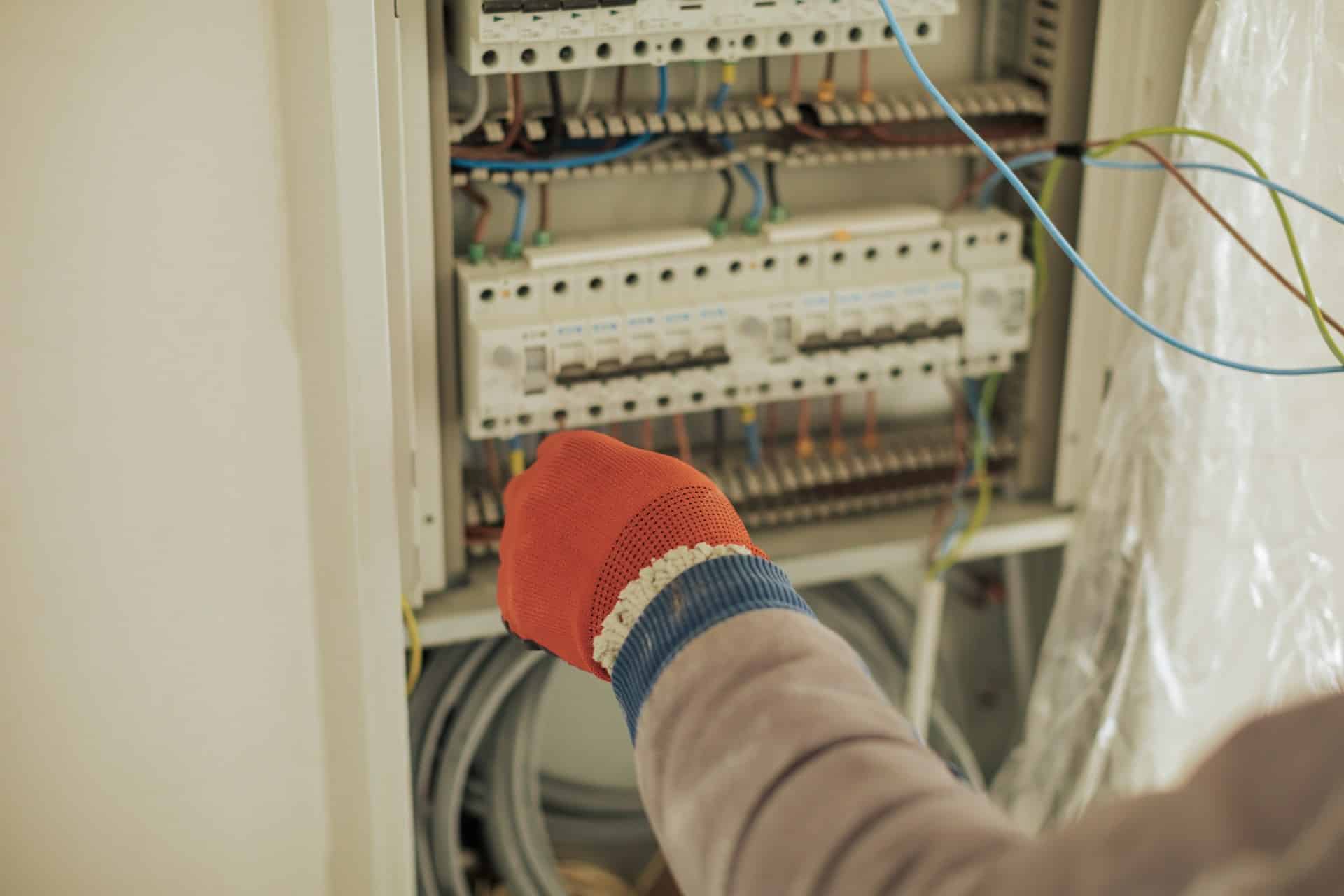Electrical systems are the lifeblood of modern homes, powering everything from lights to appliances. While we rely heavily on electricity, it’s easy to overlook the importance of maintaining these systems. This is where routine electrical inspections come in. They play a vital role in ensuring your home remains safe and functional.
Routine inspections can reveal hidden problems in your electrical system that might not be apparent day-to-day. Over time, electrical components can wear out, connections might loosen, and outdated wiring can become a safety hazard. By regularly inspecting these elements, you can catch potential issues before they turn into serious problems.
Skipping regular inspections can lead to dangerous situations. Electrical fires, caused by faulty wiring or overloaded circuits, are among the most common hazards. Inspections help to identify and mitigate these risks, providing peace of mind and protecting your home and loved ones.
Understanding the importance of these inspections, the components checked during the process, and the common issues that can be found will help you see why routine electrical maintenance is essential for home safety. In the following sections, we will explore these aspects in detail, emphasizing the critical role that routine electrical inspections play in safeguarding your home.
Understanding the Importance of Routine Electrical Inspections
Routine electrical inspections are crucial for maintaining a safe and functional home. These inspections help identify and address potential hazards before they become serious issues. Electrical systems can deteriorate over time, leading to problems that might not be noticeable until it’s too late. Regular inspections are the best way to ensure that your home’s electrical system remains in good condition.
One major reason for routine inspections is to prevent electrical fires. Faulty wiring, overloaded circuits, and malfunctioning electrical components are common causes of house fires. During an inspection, electricians can identify these risks and take action to prevent accidents. By addressing these issues early, you can significantly reduce the likelihood of an electrical fire in your home.
Another important aspect of routine inspections is compliance with current electrical codes and standards. Building codes are updated regularly to reflect new safety practices and technologies. An inspection by a licensed electrician ensures that your home’s electrical system meets these standards. This is particularly important if you plan on selling your home, as outdated or non-compliant electrical systems can affect property value and make it harder to sell.
Key Components Checked During an Electrical Inspection
During an electrical inspection, several critical components of your home’s electrical system are thoroughly examined. Here’s a list of key elements that inspectors focus on:
1. Electrical Panels: The main service panel and any subpanels are checked for signs of wear, proper labeling, and correct breaker sizes. Inspectors ensure that the panel is not overloaded and that all connections are secure.
2. Wiring: Inspectors look for outdated wiring such as knob-and-tube or aluminum wiring, which can be fire hazards. Modern copper wiring is examined for insulation damage, loose connections, and proper installation.
3. Outlets and Switches: All outlets and switches are tested to ensure they are functioning correctly. Ground Fault Circuit Interrupter (GFCI) outlets in bathrooms, kitchens, and other wet areas are checked for proper operation.
4. Grounding and Bonding: Proper grounding and bonding are essential for preventing electrical shocks. Inspectors verify that the grounding system is intact and that all metal parts are properly bonded.
5. Lighting Fixtures: Light fixtures, including ceiling fans, are checked for secure mounting and proper wiring. Inspectors ensure there are no exposed wires or faults in the connections.
6. Smoke and Carbon Monoxide Detectors: These safety devices are checked to ensure they are working correctly and are properly placed throughout the home.
7. Electrical Appliances: Major appliances like HVAC systems, water heaters, and kitchen appliances are inspected for proper electrical connections and signs of wear or damage.
By thoroughly examining these components, routine electrical inspections help maintain the safety and efficiency of your home’s electrical system. Regular checks ensure that any issues are addressed promptly, minimizing risks and avoiding costly repairs in the future.
Common Electrical Issues Found During Inspections and Their Risks
Routine electrical inspections often reveal various common issues that, if left unaddressed, can pose serious risks to your home and family. Here are some of the most frequent problems found during inspections:
1. Outdated Wiring: Old wiring systems, such as knob-and-tube or aluminum wiring, can be dangerous and inefficient. These outdated systems are prone to overheating and may not handle the electrical demands of modern appliances.
2. Loose Connections: Over time, connections can become loose due to the natural expansion and contraction of wires. Loose connections can create arcing, which is a leading cause of electrical fires.
3. Overloaded Circuits: Adding new appliances and devices can overload existing circuits, causing them to trip frequently. This is not only inconvenient but also increases the risk of electrical fires.
4. Faulty Breakers: Circuit breakers are designed to protect your home by cutting off power when there’s an overload or short circuit. However, faulty breakers might fail to trip, leading to potential hazards.
5. Improper Grounding: Grounding is essential for preventing electrical shocks and ensuring electrical stability. Improper or missing grounding can lead to dangerous situations, especially during electrical surges.
6. Damaged Insulation: Insulation around wiring can get damaged over time due to pests, wear and tear, or environmental factors. Damaged insulation exposes the wires, increasing the risk of electrical shocks and short circuits.
Identifying and addressing these issues during inspections is crucial for maintaining a safe home. Ignoring these problems can lead to severe consequences, including electrical fires, equipment damage, and safety hazards. Regular inspections help to catch these problems early, ensuring timely repairs and peace of mind.
How Regular Inspections Improve Home Safety and Save Money
Regular electrical inspections go a long way in improving home safety and saving money. Inspections ensure that your electrical system is operating efficiently and free from hazards, offering several practical benefits.
1. Fire Prevention: Inspections identify potential fire hazards like faulty wiring and overloaded circuits. By addressing these issues, you significantly reduce the risk of electrical fires, keeping your home and loved ones safe.
2. Efficient Energy Use: An optimized electrical system uses energy more efficiently. During inspections, electricians can spot and rectify inefficiencies, helping you save on energy bills. For example, replacing outdated wiring and fixing loose connections ensures your electrical equipment operates smoothly.
3. Prolonging Appliance Lifespan: Electrical issues can cause premature wear and tear on appliances. By maintaining your electrical system, you can extend the life of your devices. This saves you money in the long run by reducing the need for frequent replacements.
4. Avoiding Costly Repairs: Regular inspections catch small issues before they turn into major problems. This proactive approach helps you avoid the high costs associated with emergency repairs or total system failures.
5. Peace of Mind: Knowing that your electrical system is in good condition gives you peace of mind. You can rest easy knowing that your home is safe and your system compliant with current electrical codes.
By investing in regular electrical inspections, you’re making a smart choice for both safety and financial health. The upfront cost of inspections is minimal compared to the potential cost of ignoring electrical problems.
Conclusion
Routine electrical inspections are essential for maintaining a safe, efficient, and compliant home. By understanding the importance of these inspections and knowing what components are checked, you can appreciate their role in preventing common electrical issues. These problems, if not addressed, can lead to serious risks like fires, electrical shocks, and costly repairs.
Regular inspections not only improve home safety but also save money by enhancing energy efficiency and prolonging the lifespan of appliances. Identifying and fixing small issues before they escalate can prevent significant expenses and provide peace of mind.
If you haven’t had your electrical system inspected recently, now is the time to do so. For professional electrical inspections and top-notch services, contact Azael Electrical. Our experienced electrical technicians are dedicated to ensuring your home remains safe and efficient. Reach out to us today and schedule your inspection to keep your home and family protected.

